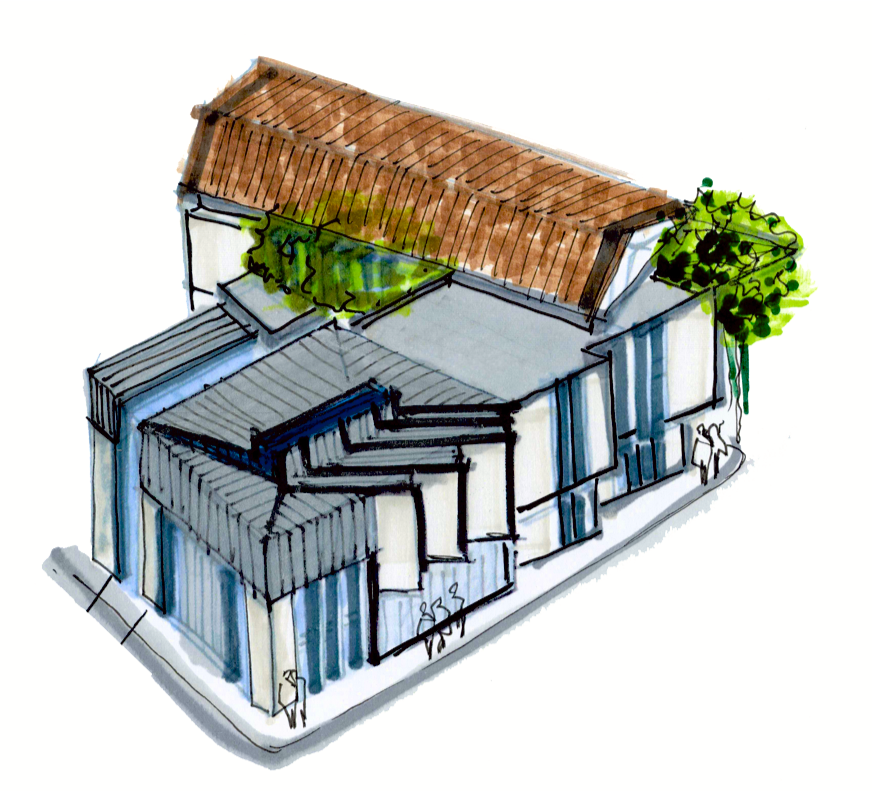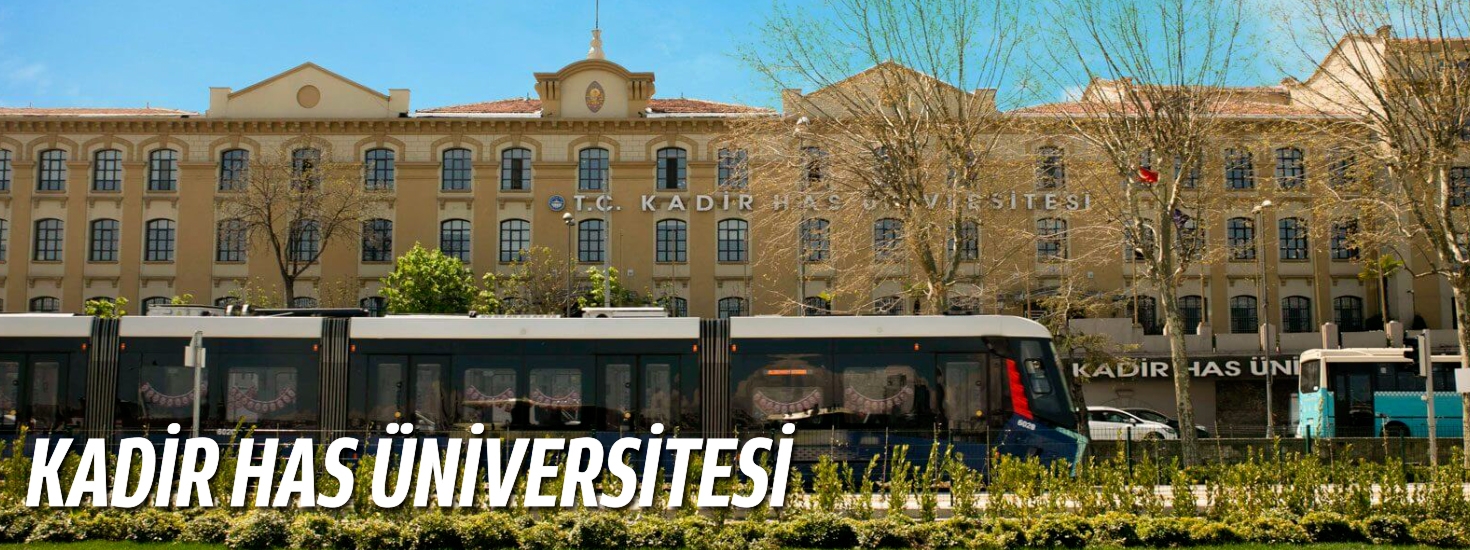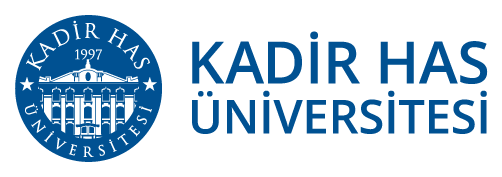SUSTAINABLE CAMPUSES - PUBLIC ACCESS TO CAMPUSES
Kadir Has University (KHAS), founded in 1997 in Istanbul, is dedicated to sustainability in education and aims to become a leader in both educational and cultural fields in Turkey. With its five faculties (Art and Design, Communication, Economics and Administrative Sciences, Engineering and Natural Sciences, Law), KHAS also aspires to contribute to the global sustainable development goals through its academic programs and research activities.
The Cibali campus of Kadir Has University, located in Istanbul's Fatih district on the shore of the Golden Horn, is designed with a green approach, ensuring easy access from every point in the city. The historic Tekel Cibali Factory building, originally used as a tobacco warehouse and cigarette factory, has been transformed into a sustainable university campus that aligns with clean energy standards and environmentally friendly principles.
Today, the rectorate, faculties, institutes, and research centers operate in this campus, located in a historically significant area of Istanbul, maintaining an impressive architectural heritage while supporting sustainability in design. The campus has been recognized with the prestigious European architecture award, the “Europa Nostra Award,” for its commitment to preserving cultural heritage and promoting sustainable development.
The campus spans an indoor usage area of 50,000 square meters and includes various facilities like classrooms, laboratories, an information center (library), theatre, conference and movie theaters, sports facilities, restaurants, cafeterias, and a dance studio. These facilities aim to foster a green culture, supporting clean energy practices and sustainable resource use.
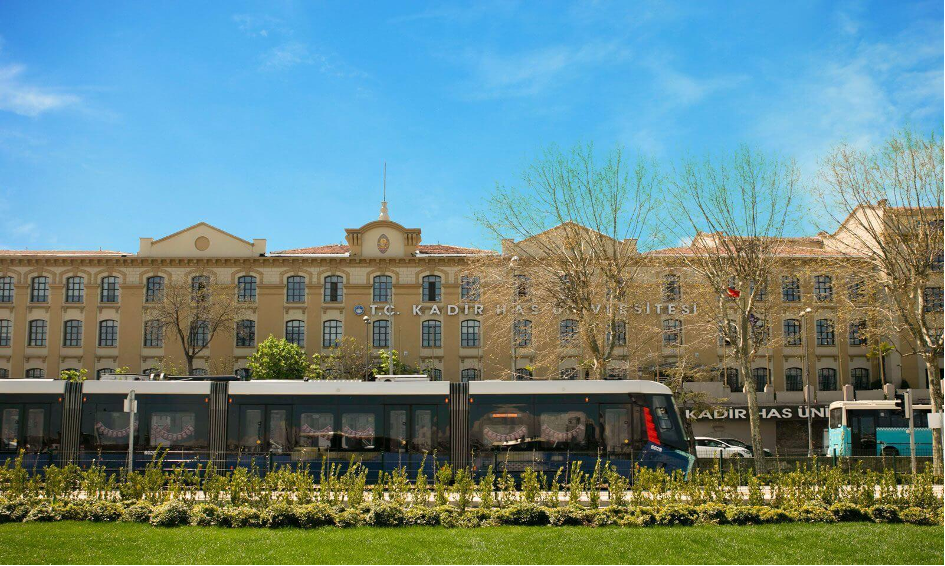
Cibali Campus: a hub where culture, education, and scientific research meet
Behind ancient Byzantine walls stands the oldest part of Istanbul. These ramparts distinguish and define Cibali, the neighborhood where Kadir Has University’s main campus is situated. It is only a few meters away from the Haliç, the harbor inlet known to English speakers as “the Golden Horn” since Ottoman times. Cibali takes its name from the time of the conquest of Istanbul when, according to common belief, a soldier from Bursa named Cebe Ali Bey entered the city by breaking through the rampart doors. Since that time, this entryway into the city has been called Ali Bey, and the neighborhood, Cibali.Located nearby, in the present neighborhood of Unkapani, was the Zeugma, a port that opened into the city’s economic center during the Ottoman era and continued to be used until the 19th century. Activity around the Zeugma brought liveliness to the surrounding area, but Cibali also benefited from this hustle and bustle: Ottoman warehouses and caulkers along the Haliç shore of Cibali gave witness to the flourishing businesses in that part of the area. In earlier times, Cibali’s harbor called the Puteae, or Porto del Pozzo was lined with warehouses bursting with goods destined for the consumers of Istanbul. The passageways through the Cibali gates were instrumental in getting these goods from the port and into the city. After the conquest, the Cibali area started to develop. Cibali became a favorite of sea captains, and famous seafarers like Murad Reis, Mustafa Pasa, and Kemal Reis had mansions in the neighborhood. Two factors link Cibali with Istanbul’s identity: fire and tobacco. As Cibali was a trade center and there were many caulkers using flammable materials in the construction of ships, there were many fires. If there were northeast winds, these fires, both outside and inside the Haliç walls, represented a clear danger, especially because the city at that time was composed of so many wooden houses. During this time, many of the larger conflagrations were called “Cibali fires.” The Cibali Tobacco Factory, founded in 1884, was an important institution that changed the neighborhood socially and economically.
Around the turn of the century, its large factory building housed tobacco processing and cigarette production. There were several reasons for locating such a large factory in this small neighborhood. At that time, tobacco customs were collected in that area, and many people who supplied the factory’s manpower lived nearby. Indeed, if we look at the many photographs taken during the 1900s that document the life of the factory, the picture is quite remarkable. There were 1500 women and 662 men (a total of 2162 people) working there. The Tekel Cibali Cigarette Factory was, in fact, a small town complete with local police and civil servants, hospitals, a daycare center, grocery stores, schools, a fire department, sports facilities, trade unions, and restaurants. On March 1, 1925, after forty years of French administration and with the establishment of the republic, the control of the factory passed to the state. For many years the factory processed, stored, and sold tobacco. Then in 1995, the factory, most of which had been shut down, was abandoned. In 1997, the Finance Ministry handed the buildings to Kadir Has University. Dr. Mehmet Alper was appointed architect in charge of restoring and renovating the factory buildings into a university campus. In March 1998, the work began. Working together with university planners, the architects in charge of the restoration have taken great care to preserve the original character and architectural integrity of the buildings while at the same time enhancing the space to suit the university’s needs. Between 1998 and 2002, the Tekel Cibali Cigarette Factory was transformed, by the Kadir Has Foundation, from a warehouse that produced and sold tobacco into an institution of higher learning. After four years of restoration work, Kadir Has University Cibali campus officially opened its doors on February 13, 2002.
Kadir Has University's transformation from a tobacco factory into a hub for sustainable education exemplifies how historical urban centers can support sustainable development goals. The university's commitment to these goals is reflected in its ongoing projects, focusing on clean energy, green architecture, and environmental education. By fostering a green campus culture, KHAS aims to reduce its carbon footprint and promote a sustainable mindset among students and staff.
Selimpaşa Campus: A Green Initiative for Technological Development
Kadir Has University's Selimpaşa Campus was opened in 1998 and initially served vocational schools and some undergraduate programs. In line with sustainable development goals, efforts began in 2023 to transform the Selimpaşa Campus into a technopark in collaboration with Silivri Municipality, focusing on green and sustainable technologies.

Selimpaşa Campus of Kadir Has University, which covers an area of 100,000 m2 on the seafront in Silivri Selimpaşa, has been declared a Technological Development Zone. As the only active technopark within 100 kilometers between Avcılar and Çorlu, it prioritizes sustainable projects, particularly those focusing on clean energy and green transformation. The campus aims to become a center for sustainable innovation by supporting research in areas like clean energy solutions, advanced materials, and environmentally friendly technology applications.

10 Focus Areas for Sustainable Development at Technopark Selimpaşa Campus:
- Agriculture and green transformation
- Disaster management
- Energy
- Robotics
- Communication
- Artificial intelligence
- Cyber security
- Health
- Finance
- Advanced material
Kadir Has University supports sustainable development goals by integrating sustainability into its academic programs, research initiatives, and campus operations, contributing to a greener and more sustainable future for Turkey and the world.
PUBLIC ACCESS TO GREEN SPACES
Kadir Has University provides public access to green spaces on its two main campuses, Cibali and Silivri, allowing students and the general public to enjoy these open spaces.
Cibali Campus: Located centrally in the city on the historic Golden Horn, the Cibali Campus includes limited green spaces that offer city dwellers a place to breathe fresh air, socialise and relax. The small gardens and open spaces on the campus are accessible not only to the Kadir Has University community but also to the public, especially visitors to the Rezan Has Museum, creating valuable places for rest and social interaction in an urban setting.
Silivri Campus: Situated on a large seafront area, Silivri Campus is ideal for those seeking time in nature with ample green spaces and coastal walkways. This campus provides public access to green spaces where visitors can enjoy nature, relax, and engage in outdoor activities, making it a retreat from city life.
Both campuses actively maintain and preserve their green spaces, reinforcing Kadir Has University's commitment to social responsibility and community well-being by ensuring that these areas remain open and accessible to the public.
SUSTAINABILITY PRACTICES
KADİR HAS UNIVERSITY ZERO WASTE CAMPAIGN
"Kadir Has University has initiated the process under the zero waste regulation by acquiring equipment. Packaging waste is being separated into sets of three. These sets include waste of paper, cardboard, plastic, metal, and glass packaging. In addition, waste batteries, fluorescent lamps, and hazardous waste from the laboratory are completely collected separately. Our university aims to reduce the amount of waste in the environment and increase recycling by establishing a zero-waste system.
In 2023, the table containing packaging waste is as follows:
|
Year
|
Activities
|
Growth Rate
|
|
2023
|
Paper Waste Recycling
|
15%
|
|
2023
|
Recycling of Non-Recyclable Waste (glass, plastic, metal, mixed)
|
65%
|
|
2023
|
Recycling of Hazardous Waste
|
20%
|
|
2023
|
Non-Recyclable Waste
|
0%
|
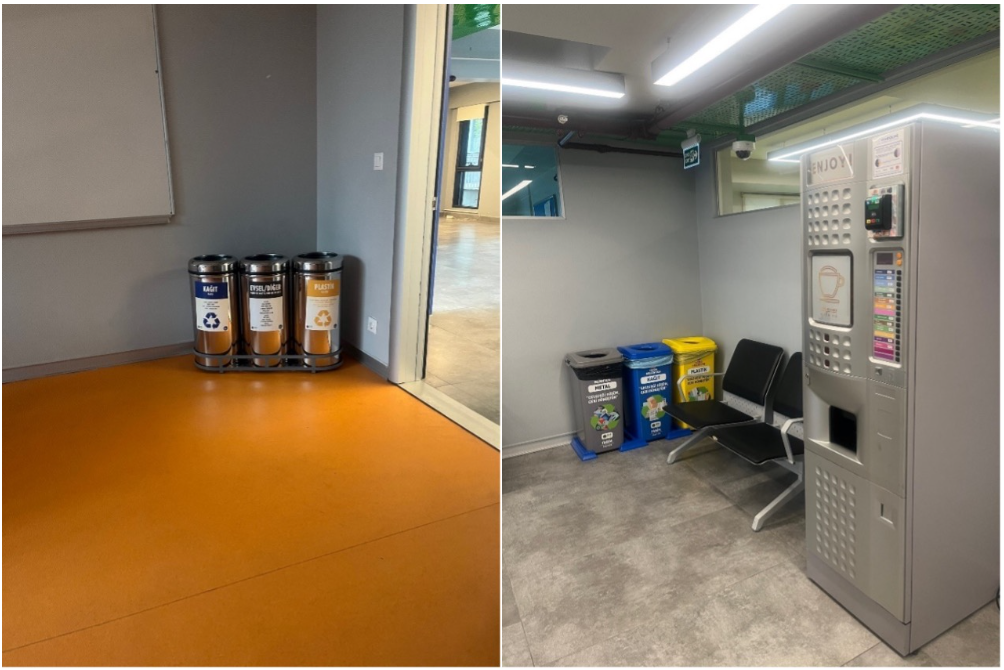
FREE SHUTTLE SERVICE
In order to encourage and promote public transport, there is a free shuttle service from and to Kadir Has University to and from the most central public transport points every day in the morning and evening. In order not to disrupt the free shuttle service, the driver and shuttle information and departure times are shared in the myKhas system, which is the university's current portal.
PUBLIC TRANSPORTATION
Kadir Has University is a city university. Kadir Has Campus, located at the heart of Istanbul, encourages public transportation and prioritizes pedestrian access for all its employees and students. Kadir Has University provides personnel with free public transportation cards, which allow personnel to use all public transport vehicles in Istanbul, including buses, metro, metrobus, railways, and ferries.
Kadir Has Campus is right across a bus stop named after the university, which is across its main building.
Please click here to learn more about the ways through which one can access Kadir Has Campus.
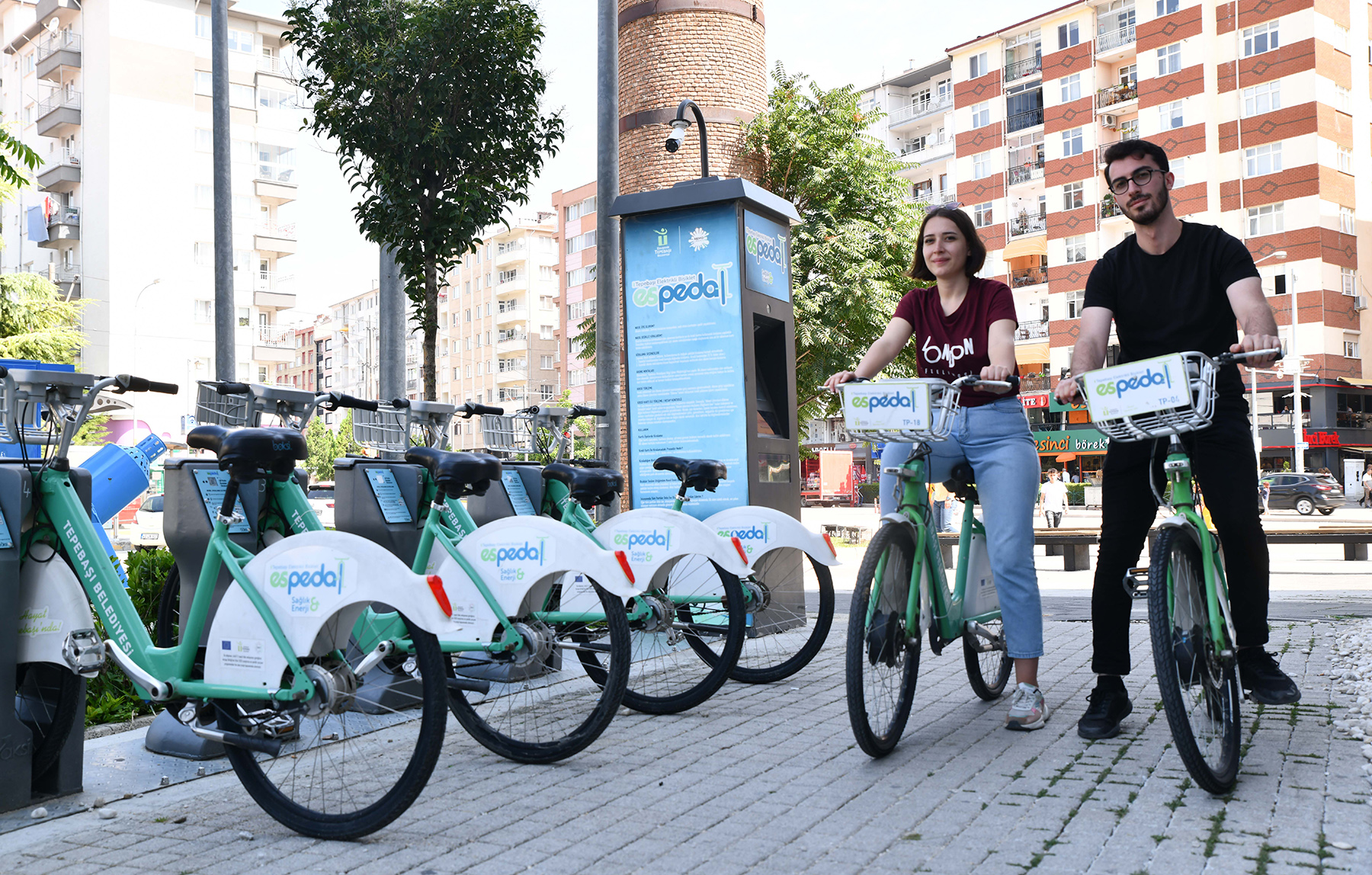
BICYCLE RENTAL AREA
As part of our commitment to fostering sustainable cities and communities, we proposed a collaboration with the local municipality to establish a bicycle rental area. This initiative aims to encourage eco-friendly transportation options, reduce traffic congestion, and lower carbon emissions, aligning with our goals for a greener urban environment. By enhancing access to shared bicycles, we support the development of sustainable mobility solutions that promote active lifestyles and a healthier, more environmentally-conscious community.

KADIR HAS UNIVERSITY NEW BUILDINGS
Kadir Has University aims to become a global research university. The university invests in new buildings to achieve this objective. New buildings include a Central Engineering Laboratory, a new building for Mechatronics and Civil Engineering Departments, and a building for the Creative Industries Platform.
New buildings are constructed on
smart building principles and in accordance with the strategic objective stowards
zero waste and increasing
open and green spaces as stated in the
2020-2024 Strategic Plan.
CREATIVE INDUSTRIES PLATFORM
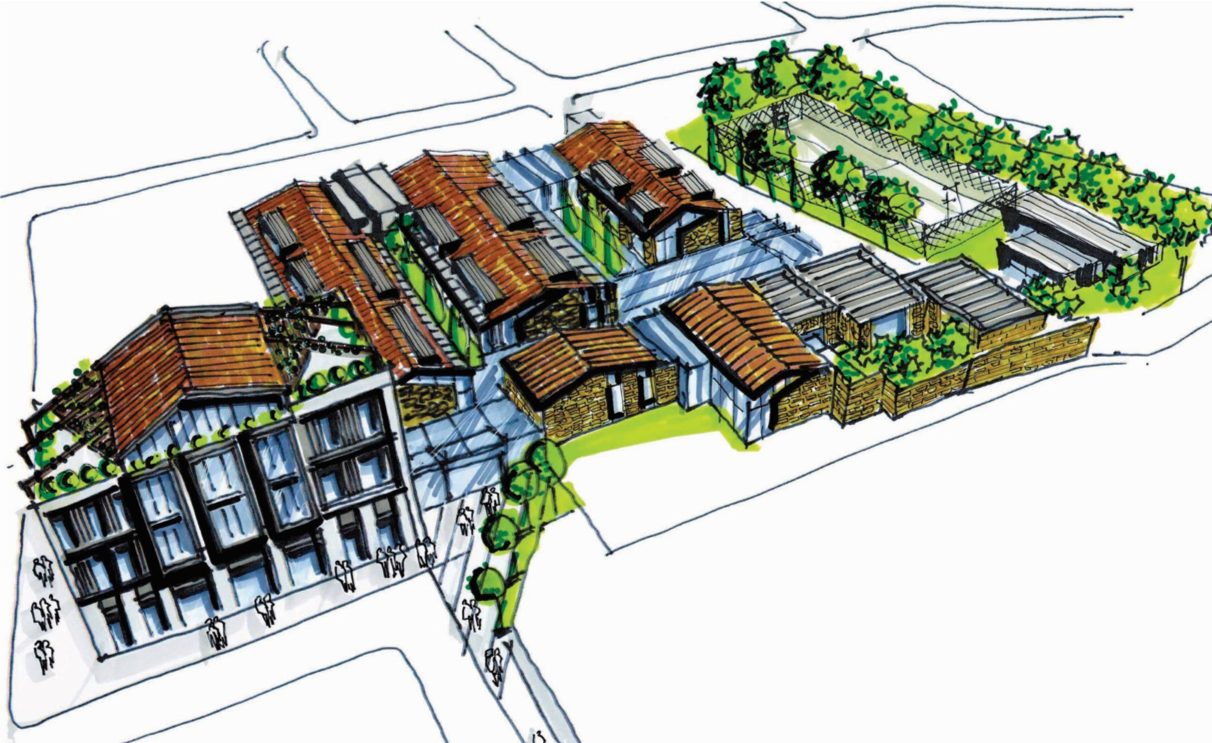
CENTRAL ENGINEERING LABORATORY
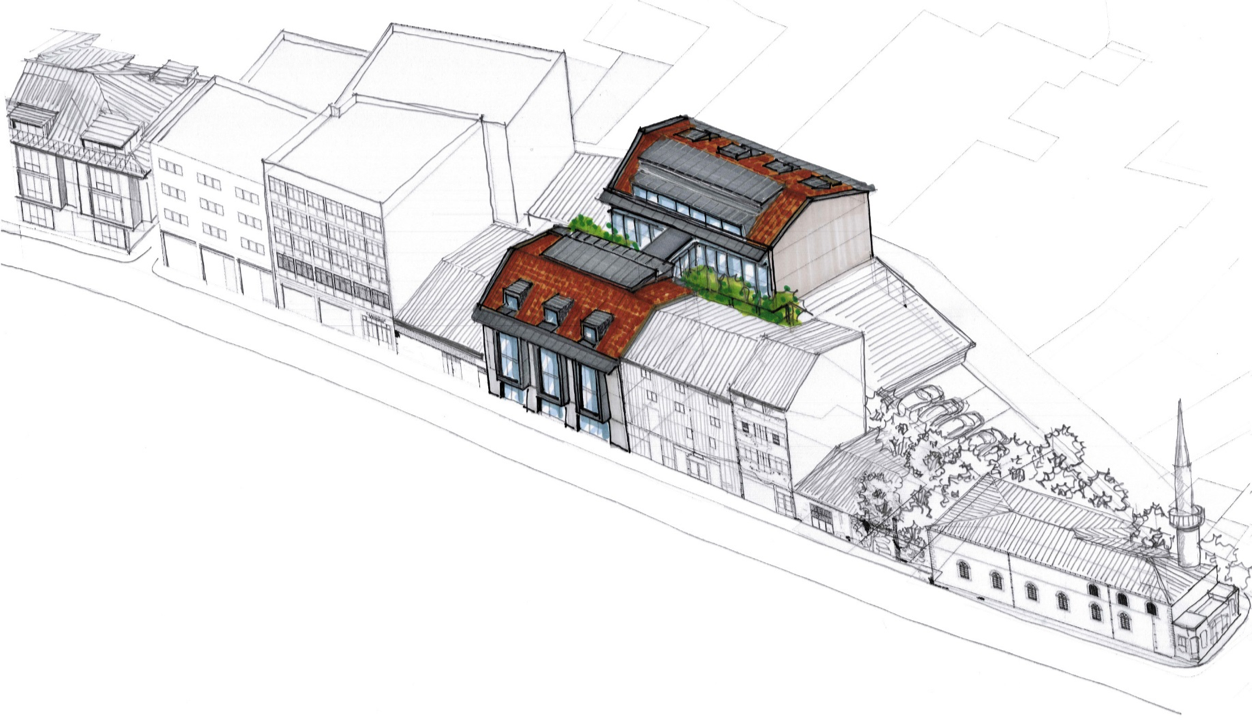
MECHACTRONICS AND CIVIL ENGINEERING DEPARTMENTS BUILDING
